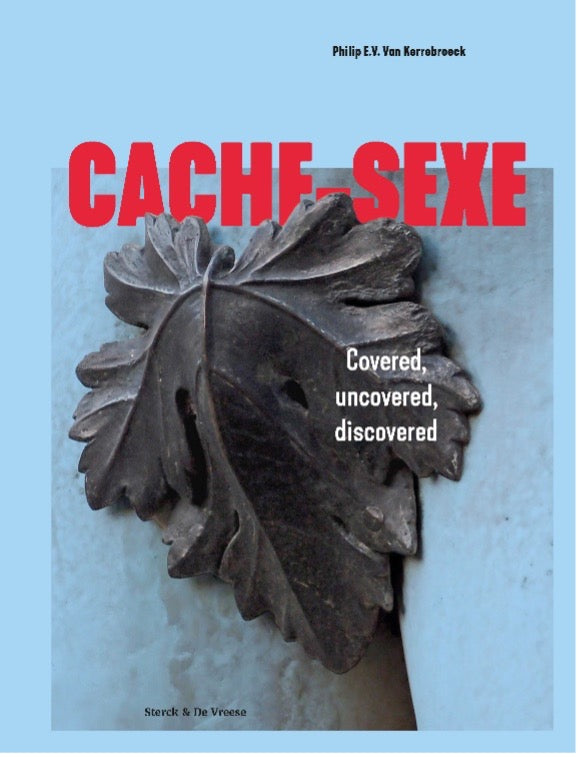EAU Books
Cache-Sexe: Covered, uncovered, discovered
Cache-Sexe: Covered, uncovered, discovered
Couldn't load pickup availability
This book asks why humans through history have covered their genitals and worn a cache-sexe.
Does the cache-sexe merely provide protection, or is it an instrument to draw attention? Can the cache-sexe be used to stimulate certain thoughts? Why does not wearing a cache-sexe provoke shame one society but not in another? Are nudity and nakedness the same?
On his quest to answer these questions, the author takes the reader on a review of the anatomy of the female and male genitals and reflects on how this part of the human body has been perceived over time and in various cultures. The different types of male and female cache-sex are discussed with reference to comprehensive illustrations based on unique and sometimes previously unpublished examples of cache-sexes and photographic documentation. The book also pays attention to the covering of the ‘backside’. Following this 360° exploration of the use of the cache-sexe, the place of the cache-sexe in art and fashion is uncovered.
Philip Van Kerrebroeck is an urologist and professor emeritus of Urology at the University of Maastricht. Born in Leuven (Belgium), he trained in Surgery and Urology in Brussels, Utrecht, Nijmegen and San Francisco. Over the years, he has also developed an interest in the history of urology and cultural anthropology. He is currently chairman of the History Office of the European Association of Urology.
ISBN:9789056159986
Year of publication: 2023

